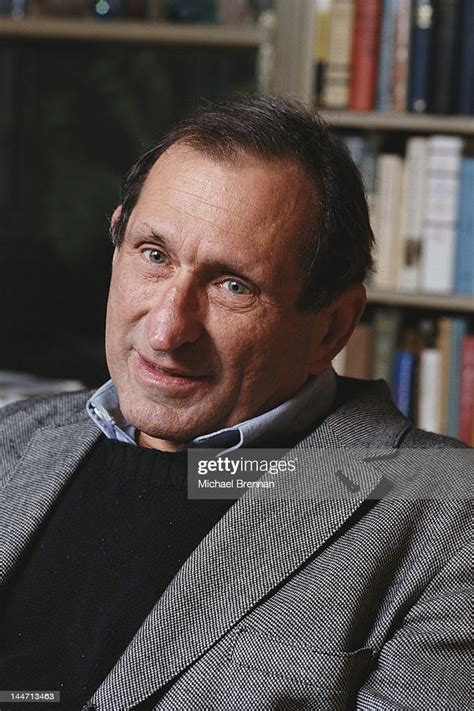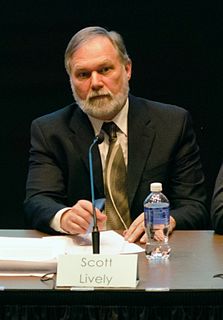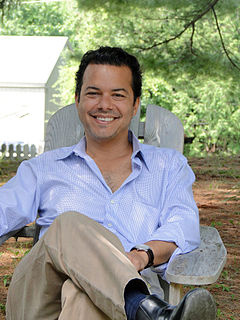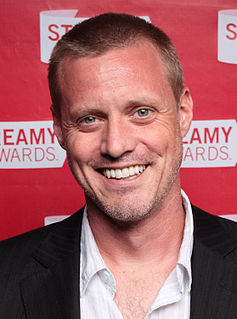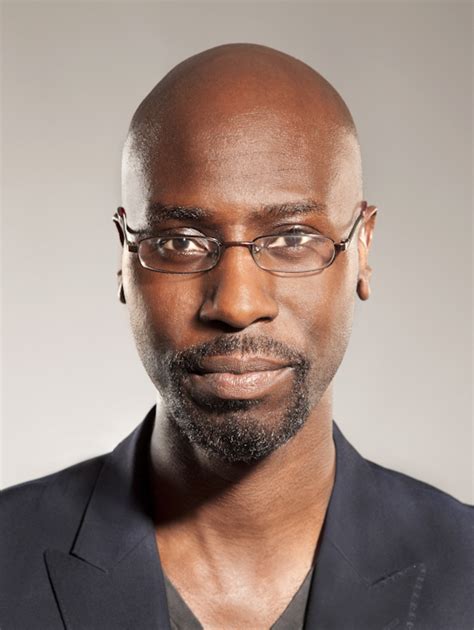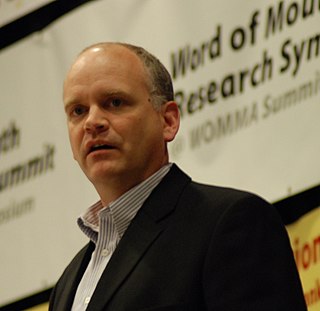Top 1200 Rhetorical Question Quotes & Sayings - Page 2
Explore popular Rhetorical Question quotes.
Last updated on April 23, 2025.
The question itself [of UFOs] I think is legitimate. It's interesting, it's fascinating. It's mythic in scale and one of the grand questions. It's like the God question or, you know, the meaning-of-life question. It's one of those, on that scale. So you'd have to be made of wood not to be interested and, you know, have they come here? Are they up there?
I travel a lot. It used to be, when I would go to any country, I could guarantee that the first question would establish my name, and the fact that I've written Roots, and the third question, at least no later than the fourth question would not be a question, so much as a statement, something like, "We understand that in America white people do such and such bad things to black people."
Every once in awhile, find a spot of shade, sit down on the grass or dirt, and ask yourself this question: “Do I respect myself?” A corollary to this question: “Do I respect the work I’m doing?” If the answer to the latter question is NO, then the answer to the former question will probably be NO too. If this is the case, wait a few weeks, then ask yourself the same two questions. If the answers are still NO, quit.
It's the most annoying question and they just can't help asking you. You'll be asked it at family gatherings, weddings, and on first dates. And you'll ask yourself far too often. It's the question that has no good answer. It's the question that when people stop asking it, you'll feel even worse. - WHY ARE YOU SINGLE?
Why are there beings at all instead of nothing? That is the question. Presumably it is not arbitrary question, "Why are there beings at all instead of nothing"- this is obviously the first of all questions. Of course it is not the first question in the chronological sense [...] And yet, we are each touched once, maybe even every now and then, by the concealed power of this question, without properly grasping what is happening to us. In great despair, for example, when all weight tends to dwindle away from things and the sense of things grows dark, the question looms.
So is the English Parliament provincial. Mere country bumpkins, they betray themselves, when any more important question arises for them to settle, the Irish question, for instance,--the English question why did I not say? Their natures are subdued to what they work in. Their "good breeding" respects only secondary objects.
Asking the proper question is the central action of transformation- in fairy tales, in analysis, and in individuation. The key question causes germination of consciousness. The properly shaped question always emanates from an essential curiosity about what stands behind. Questions are the keys that cause the secret doors of the psyche to swing open.
In the Marquette Lecture volume, I focus on the question in the title. I emphasize the social and political costs of being a Christian in the earliest centuries, and contend that many attempts to answer the question are banal. I don't attempt a full answer myself, but urge that scholars should take the question more seriously.






